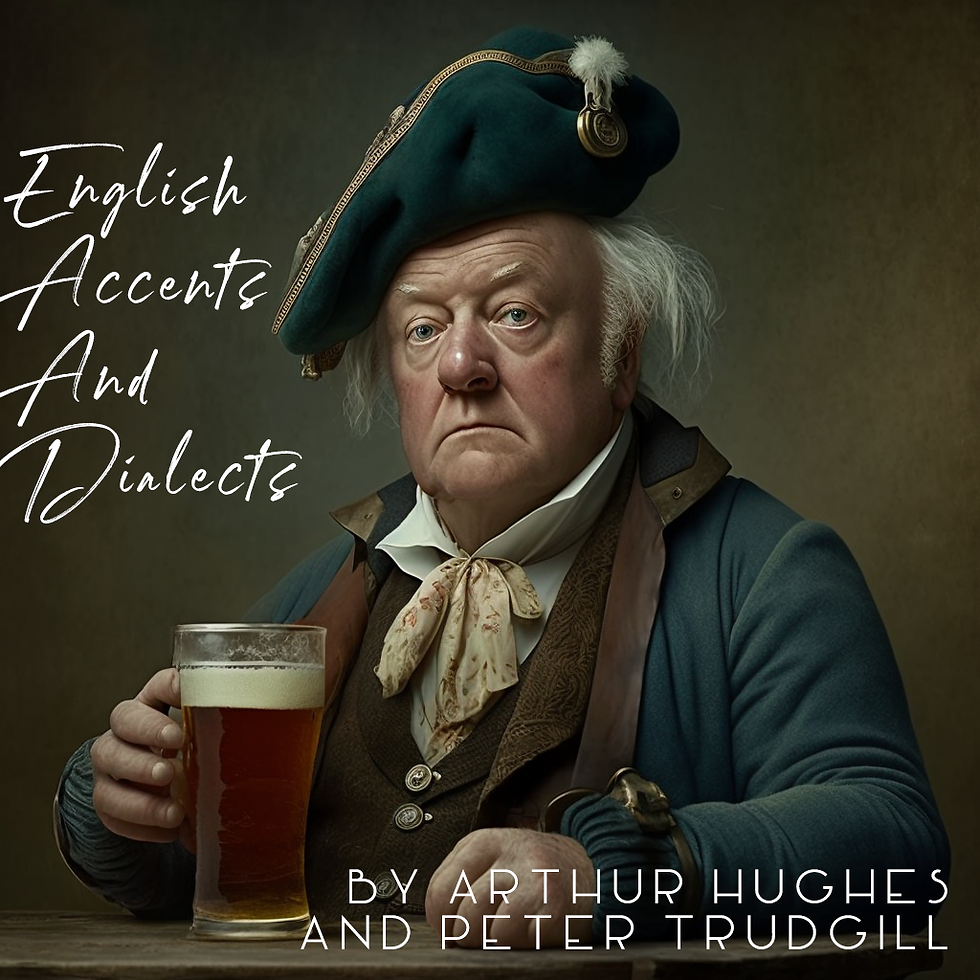Interesting Etymologies 14.2 : More Colourful Etymologies / The names for colours
- Bulldogz Team

- Feb 25, 2021
- 2 min read
Updated: Nov 20, 2021
"Hello again Word Lovers!" We continue our look at the words for colours as we return to our investigation of Black:
Black: blac in Old English which curiously meant bright or shining, glittering or pale. This seems very confusing. Charly observes that the words for colour is a heated debate among etymology sleuths. There is an entire wikipedia page dedicated to the positions of the Universalist and the Relativist position in this field. Essential
ly universalists claim that colour terminology has absolute constraints as human biology is the same. Relativists propose that cultural specific phenomena have a huge impact on the development of words. When we read Middle English (The long nights must just fly - Ed) we can never be sure if the word blac means dark, or of no colour or pale. Which brings us nicely t
o:
White: Blanco in Spanish. In Old English this is Hwit. This seems to be traced to PIE Kwid which persists in Slavic languages (T)Sv(y)et to mean Light.
Purple: Represented richness and nobility due to the difficulty in obtaining purple dye. Purpura in Latin, Porphyra in Greek but then running into a wall of "uncertain origin". Some suggest it is if Semitic origin, perhaps the fish from which the dye was obtained.
Mauve: This is an interesting side note as this word has a clear history rather than etymology. William Henry Perkin discovered the colour in his investigation of Quinines. He discovered this first synthetic dye at the age of 18 and
named it aniline purple. It was named mauve in England after the French name for the mallow flower and chemists later referred to it as mauveine. He actually started a dye business and went on to create Perkin's Green (a turquoise like colour), Britannia Violet and alizarin crimson.
Orange: The fruit was imported to Europe from Asia by the Portuguese and the transformation from Naranja to Orange is well established, even if the debate over which came first the fruit or the colour seems unending.
Brown: A Proto Germanic word Brunaz from PIE Bher meaning bright or, well, brown. Although the Old English word has moved on to bright with the verb to Burnish.
Grey: Latin Grex, meaning flock. The same root that gives us aggregate, congregate and gregarious. How this transforms into the colour Grey remains a mystery that no doubt universalist and relativist linguistic thinkers could seek to explain!
Explore the full Interesting Etymologies series archive here






Comments